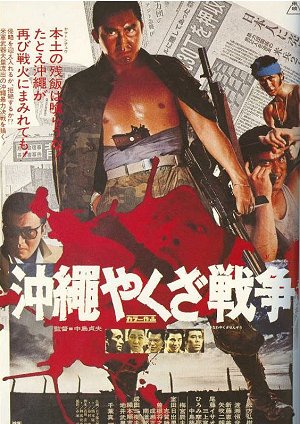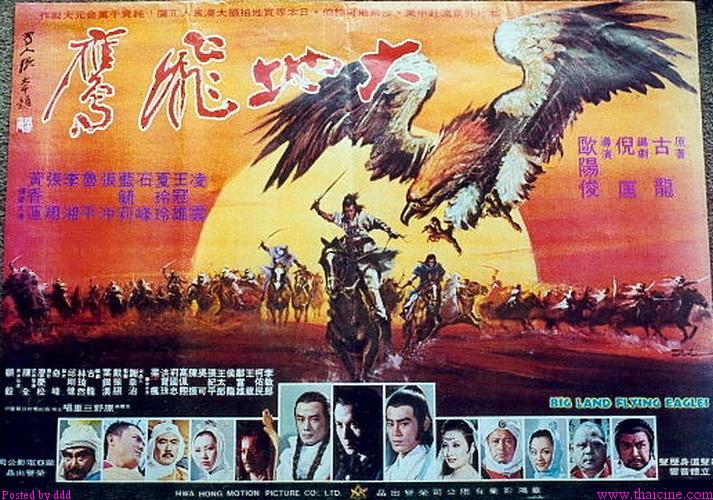1997
Director: Phillip Ko Fei
Starring: Darren Shahlavi, Kwang-su Lee, Monsour Del Rosario, Tamara Guo, Winston Ellis
I nearly didn't bother with this movie. About a year ago, I tracked down a 1999 sci fi/action film called Digital Warriors (aka Lethal Combat) soley because it featured Yukari Oshima (in case I haven't made it abundantly clear in this blog, absolutely anything that features The Osh is a must-see). Well that film turned out to be a turgid little mess as are most films directed by Phillip Ko. The best scenes (other than Yukari's) I later found, were actually lifted from an earlier film called Techno Warriors. Since that film was also directed by Ko and doesn't feature Yukari, I initially had zero interest in seeing it. Still, that swiped footage WAS entertaining and when a trailer finally popped up on Youtube, I decided to ignore my gut and check it out. As it turned out, that was a good move as Techno Warriors surprisingly wound up providing me with big time low budget fun.
An inversion of Tron by way (visually) of those wonderfully cheesey low budget Italian Mad Max ripoffs of the previous decade, our story tells of a group of outlaw techno warriors (with names like Black Ninja and Dinosaur) fighting in the video game realm. They are anti technology (for whatever reason) and are hunted by high tech police. The techno warriors' goal ultimately is to kidnap a nerdy video game player and take him to their realm. Since he is able to consistently defeat them in the gaming world, they want to probe the secret of his gaming skills to control the gaming network... or something close to that.
The plot is about as irrelevant as it gets. Shot in the Phillipines, the purpose of this fun flick is to show off as many battles in as many exotic locales as could be found and to that end, it works quite wonderously. This film is exactly what the disappointing Mortal Kombat series should have been. In fact, it may be the best realized video game film ever made. The low budget (which includes minimalistic costumes and cheap laser effects) actually adds a level of wide eyed innocent charm that more expensive CGI enhanced epics can't begin to grasp. The group of fighter/acters (led by the talented Darren Shahlavi, going against type as the main hero) give it their all without a hint of self concious parody. They treat the material seriously and the film benefits greatly from it.
By far the best thing Ko has ever done as a director, Techno Warriors is pure untaxing entertainment and a joy to watch.
Rating: 8/10
.
















